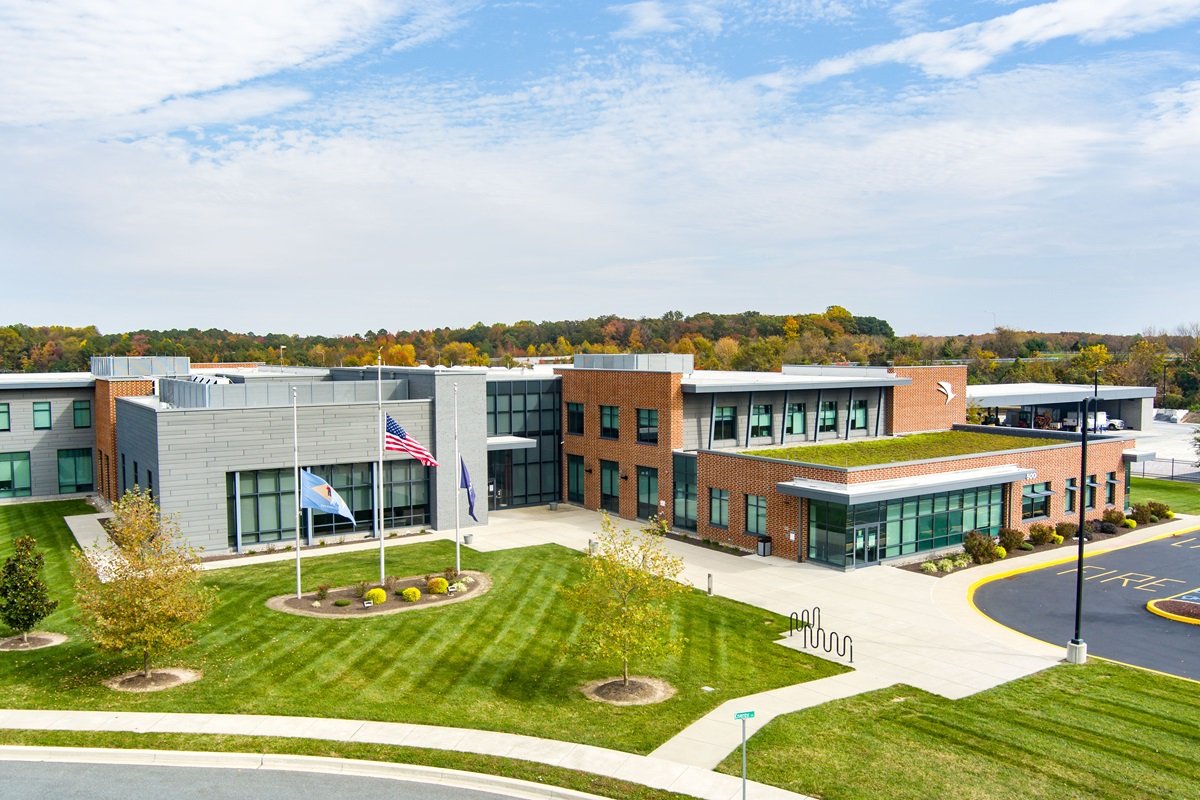
Chesapeake Utilities has seen major expansions in recent years. l PHOTO COURTESY OF CHESAPEAKE UTILITIES CORPORATION
DOVER – With a team of approximately 1,300 employees across a nine-state territory, Delaware-based Chesapeake Utilities Corporation continues to fuse its business together one expansion project at a time.
The growing company recently announced new transmission projects in Florida, investing a combined capital investment of $46 million between three projects for the third quarter of 2024 with an estimated return in its adjusted gross margin of $5.5 million in 2025 alone after completion.
Over the last two years, the company has invested a combined $152 million through 11 Florida-based transmission projects, continually building up its pipeline of possibilities.
The newest three projects, located in Brevard, Indian River and Miami-Dade counties in Florida, will afford Chesapeake Utilities the opportunity to bring renewable natural gas (RNG) into Florida City Gas’ natural gas distribution system after production in nearby landfills, according to a press release from July.
The Sunshine State is also home to Chesapeake Utilities’ first and only-to-date dairy manure to biogas facility, Full Circle Dairy in Madison County. It was constructed by FPU Renewables in 2023 and continues to be operated by the same. Both FPU Renewables and its parent company, Florida Public Utilities Company, are subsidiaries of Chesapeake Utilities. The facility is expected to produce about 100,000 dekatherms of biogas RNG from dairy manure annually.
The quarter four investments by the energy company include its first injections of renewable natural gas from its RNG dairy facility to an injection point in Yulee, Fla., located in Nassau County.
“We are continually looking for ways to expand our business and expand service in Florida, Delaware and our other territories,” Danielle Mulligan, assistant vice president of strategic communications and community affairs, told the Delaware Business Times in a prepared statement. “While our pipelines in Florida do not directly supply energy to customers in Delaware, we are utilizing engineering technologies that may be used elsewhere. Our growing business provides efficiencies of scale across the value chain and across our territories.”
An investor call in August also revealed recent investments in the Delmarva region including $14.1 million toward the installation of a natural gas-driven compressor at the Bridgeville compressor station supporting increased residential energy use.
An extension project in the Warwick, Md., area is also underway and will be in service soon, reinforcing growth at its distribution system in nearby Middletown and aiding the company’s efforts to expand further into Maryland.
Other projects across the region were similarly described in its investor call such as investments made during and after the company’s $9.4 million acquisition of Planet Found on the Eastern Shore of Maryland in 2022, a facility which turns poultry waste into electricity and renewable natural gas. Chesapeake Utilities also works with a landfill company in Ohio to transport renewable natural gas much like its transportation work in Florida.
“There are many ways that companies like ours can help communities become more sustainable. We play a role in getting the RNG into natural gas infrastructure. While some areas are focusing efforts on RNG plants, others are turning to other options. Delaware, for example, is part of the Mid-Atlantic Clean Hydrogen Hub (MACH2), and Chesapeake Utilities is an industry anchor partner,” Mulligan told DBT in a prepared statement.
“Delaware is an important state in our territory. We’re continually looking for ways to increase our sustainability initiatives and better serve our customers,” she added.

